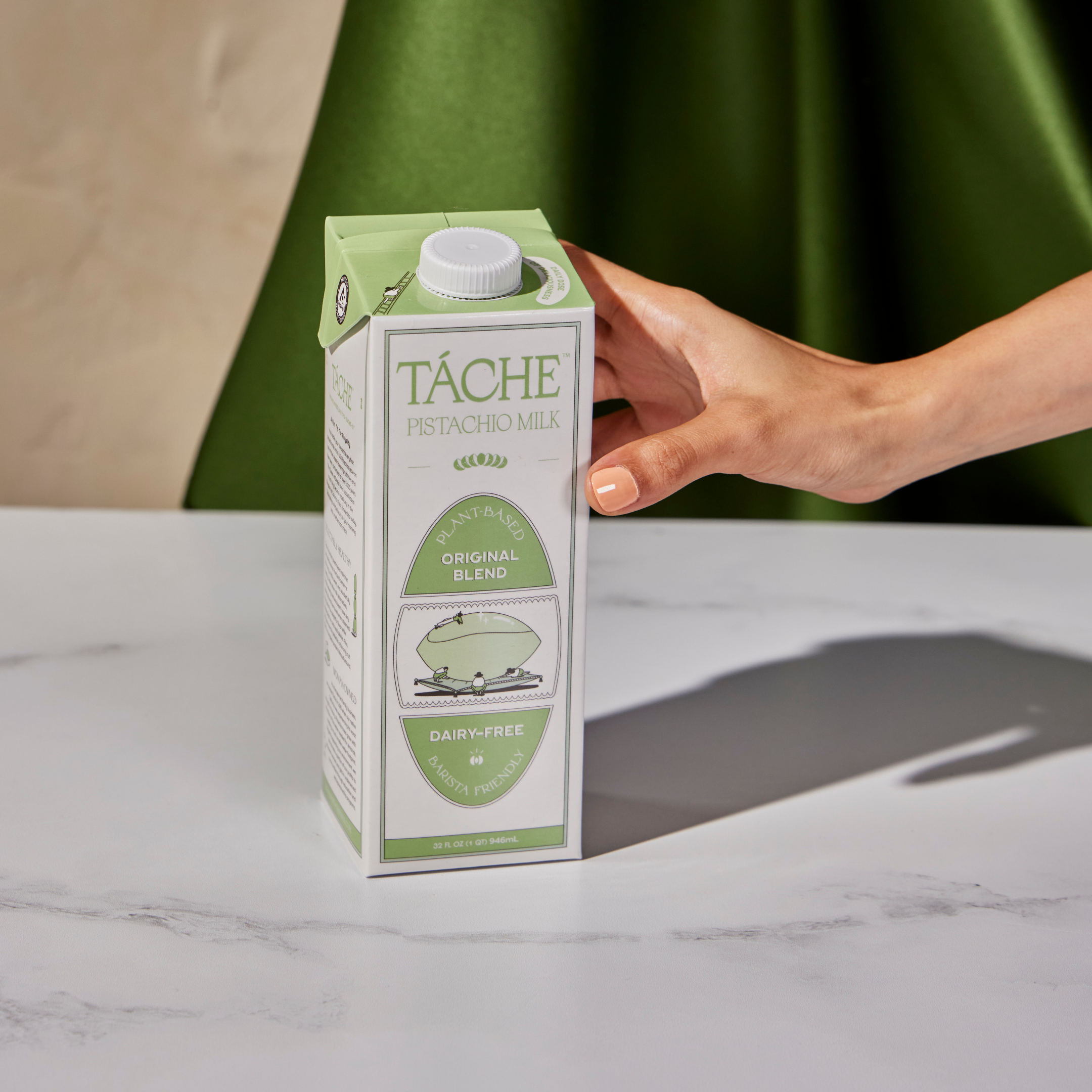
Evolving Trends in the Food and Beverage Industry: Plant-Based Drinks Take the Cake
By Beth Rush
Veganism and vegetarianism are enduring food trends. In particular, plant-based drinks have taken the world by storm.
Although some industry observers argue that the hype surrounding dairy-free beverages has died down, it doesn’t mean animal-derived milk alternatives have gone out of fashion. Quite the contrary.
The global plant-based food market can be worth $95.52 billion before the decade ends, increasing at a compound annual growth rate of 12.4% from 2022 to 2029. North America is leading the way. In the United States, 3% of people prefer vegan diets and another 6% of Americans consider themselves vegetarians.
Why Plant-Based Beverages Are Popular?
People consume vegan drinks for ethical, environmental, dietary, and gastronomic reasons.
Ethics
Ethical vegans take a stance against animal cruelty. They advocate for ending meat and dairy consumption to end agricultural trades deemed harmful to livestock.
Those who share this moral point of view argue that industrial dairy farming is a net negative. They say farmers force cattle to overproduce milk and procreate. Close confinement contributes to heat stress, which can lead to death. With more ethically produced options on the market, you can now drink milk guilt-free.
Sustainability
Environmental stewardship is another cause ethical veganism promotes. Ethical vegans want nothing to do with products derived from animal husbandry. Agricultural practices, like rearing livestock, account for 37% of methane emissions arising from human activities. A cow releases 154-264 pounds of this potent greenhouse gas into the atmosphere yearly.
Growing nuts, grains, legumes, seeds, and fruits to produce plant-based alternatives to dairy and animal meat products is super beneficial to the environment. This activity requires less land, consumes less freshwater, and emits fewer climate change gasses.
Health
Plant-based beverages are a godsend to those with milk allergies. Cow’s milk is a common food allergen. Many kids outgrow their allergy to milk, so vegan alternatives are suitable for those who don’t.
Plant-based drinks are lactose-free. It’s a big deal because about 65% of all people have lactose intolerance. People of Jewish, Green, Italian, Arab, or West African descent usually can’t digest this type of sugar after infancy.
Cow’s milk and its vegan substitutes have different nutritional values. The U.S. Food and Drug Administration recommends that plant-based milk manufacturers voluntarily issue a statement and educate consumers on how their products are nutritionally different from milk. Still, non-dairy alternatives can be an excellent source of calcium and other vitamins when fortified with said nutrients.
Taste
Plant-based beverages come from various base foods, so they naturally have distinct flavors. Soy drinks are scrumptious on their own for they tend to be on the sweeter side. Walnut milk’s creaminess makes it a fantastic smoothie ingredient. Oat beverages have a neutral taste, which is why they’re a fitting coffee companion.
4 Plant-Based Drinks to Try
The beauty of plant-based beverages is their variety is endless. You can buy a unique non-dairy milk every month and still not be able to try every option on the market in a year. The food industry constantly searches for and experiments with new ingredients to offer exciting items vegans, vegetarians, and flexitarians can try.
If you’re feeling adventurous, give these 4 plant-based drinks a whirl.
- Pistachio Milk
Pistachio sets itself apart from the rest with its luscious flavor, thick consistency, and lush tone. It’s incredibly versatile. You can use it for desserts, smoothies, baked goods, and gelato. It also meshes well with Indian, Mediterranean, and Middle Eastern dishes since this protein-dense nut is a staple of those cuisines.
Pistachio milk is a luxury treat, splurging on it now and then can contribute to carbon-negative electricity generation. Businesses are now turning pistachio shells into affordable biomass, helping the world decouple from fossil fuels.
- Cactus Water
Cactus water is one of the latest additions to the natural beverage market, rivaling coconut, aloe vera, and artichoke drinks. It may sound novel, but Mexicans and South Americans have been drinking it for centuries. This best-kept secret is now out in the open.
This pink liquid is rich in antioxidants and electrolytes. You can think of it as a plant-based sports drink. Cactus water can be unsweetened or sweetened — the former of which has fewer calories. It’s a terrific hangover cure, too.
- Powdered Almond Milk
Do you love almond milk but hate that you need to finish it in 5-7 days from the date you open its container? Buy it in powder form to make it last longer.
Liquid milk loses its nutritional value faster, so stock up on almond milk in pouches rather than cartons to enjoy your favorite plant-based beverage more conveniently.
- Probiotic Soda
Vegan probiotic soft drinks hit the right spot. They’re ethically sourced, eco-friendly, refreshing, and healthy for your digestive system. Probiotic pops also come in various flavors, so you can indulge your palate when it craves something sweet or sour.
Vegan Beverages Are for Everybody
Plant-based drinks have gone from niche to mainstream. You no longer consume them because you want to boycott animal-based and -derived foods. They now appeal to a broader segment of the population based on merit. They taste amazing, so their ethical and environmental benefits are just a bonus.
About the Author: Beth Rush is the green wellness editor at Body+Mind. She has more than five years of experience writing and editing articles covering topics like sustainable transit and the importance of green spaces in urban planning. You can find Beth on Twitter @bodymindmag.
Subscribe to Body+Mind for more posts by Beth!